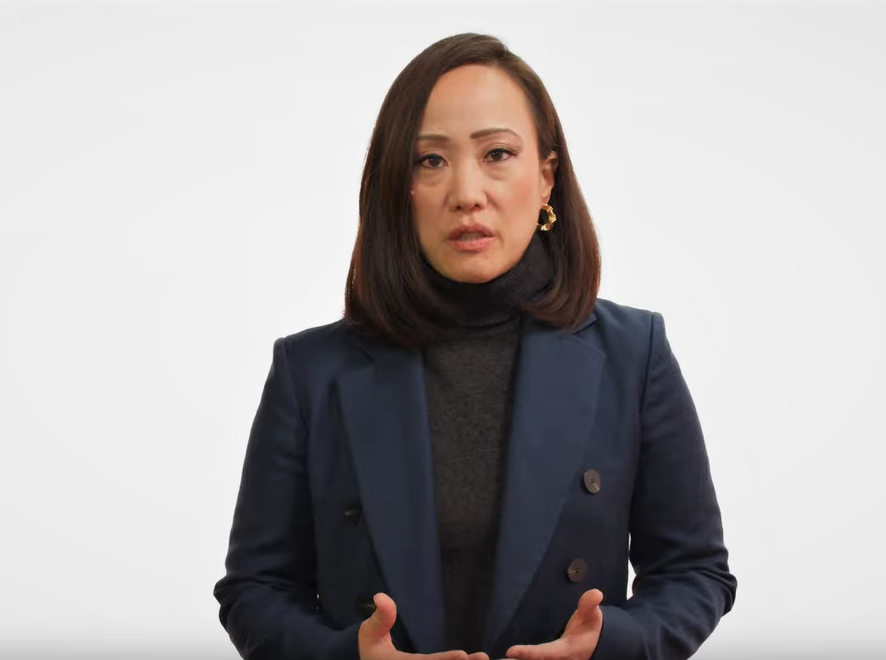Fast Fashion, Migrant Labor and Urban Villages in Southern China
In this interview Nellie Chu elaborates on the interplay between the fast fashion industry, urban villages, and migrant labor in Southern China. The discussion provides a comprehensive examination of the post-socialist transformations in China, shedding light on the unique labor practices, land dynamics, and personhood transformations that shape the global supply chains of fast fashion. Through an exploration of urban villages as key facilitators of low-cost manufacturing and entrepreneurial ventures, the interview offers valuable insights into the evolving landscape of labor and production in the region. This academic perspective opens new avenues for understanding the complexities of the fast fashion industry and its socio-economic impact on Chinese society. Moreover, the interview explores the influence of key factors like the Covid-19 pandemic and digital media on the evolving dynamics of labor and production in this context.
Nellie Chu discusses the following questions:
1. How do the unique characteristics of urban villages and the influx of migrant labor in Southern China, particularly in Guangzhou, contribute to the functioning and dynamics of the fast fashion industry?
2. What is the significance of small-scale household workshops, or “jiagongchang,” in global fast fashion supply chains?
3. How do household workshops challenge the assumption of mass production and the “Made in China” label? How do they influence the perception of labor as a stepping stone to entrepreneurship, while also exposing workers to risks and precarity?
4. In what ways does the “Hukou” household registration system, along with gender dynamics, influence the perspectives and work dynamics of migrant workers who remain tied to their rural origins despite being employed in metropolitan regions far away from their homes?
5. Could you briefly discuss the broader impact of the Covid-19 pandemic and strict lockdown measures on the fast fashion industry, as well as provide insights into how these circumstances have shaped the perspectives of migrant workers?
6. In your upcoming book, you delve into the realm of digital media and explore the impact of live streaming within the fast fashion industry. Could you provide us with further insights into your research?
Nellie Chu is a cultural anthropologist specializing in the anthropology of post-socialist China and the ethnography of global supply chains. She received her Ph.D. degree in Cultural Anthropology from the University of California, Santa Cruz, and her B.A. in International Relations from the University of California, Davis. Inspired by the classic ethnographies of Margery Wolf, her research focuses on transnational capitalism, migration, counterfeit culture, gendered labor, industrialization, and urbanization. Her current book manuscript examines how Chinese, African, and South Korean migrant entrepreneurs in Guangzhou, China synchronize their life trajectories and changing subjectivities of labor with the cycles that link the global commodity chains of fast fashion. Her work aims to demystify the globally-recognized “Made in China” label and shed light on the proliferation of small-scale and informal garment workshops and wholesale sites that connect China with other countries across the Global South. She emphasizes the importance of finely tuned historical and ethnographic analyses in understanding the spatial and temporal intersections between China’s post-socialist transformations and the emergence of transnational subcontracting.

